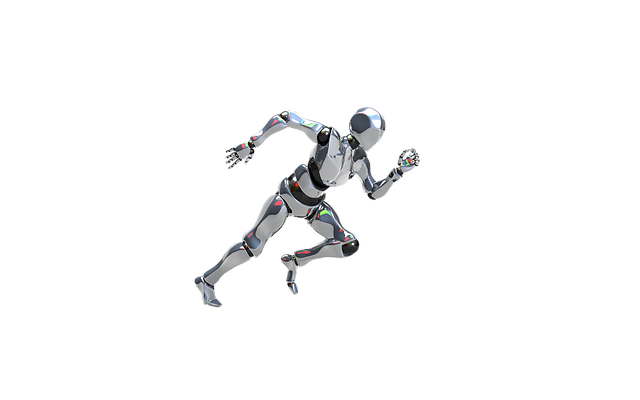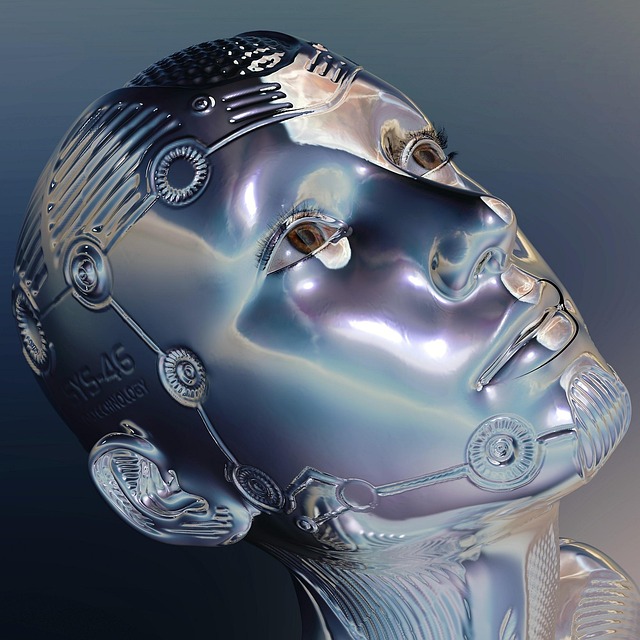
Geoffrey Hinton's Warning: AI's Impact on Employment and Capitalism
Artificial Intelligence (AI) has rapidly evolved from a niche field to a transformative force reshaping industries and societies. One of the foremost pioneers in this domain, Geoffrey Hinton, often referred to as the "Godfather of AI," has recently voiced profound concerns about the trajectory of AI development. His insights delve into the potential consequences of unchecked AI progress, particularly focusing on massive unemployment and the exacerbation of capitalist dynamics.

The Genesis of AI and Hinton's Pioneering Work
Early Life and Education
Geoffrey Hinton's journey into AI began with a solid foundation in experimental psychology, which he studied at the University of Cambridge. This background provided him with a unique perspective on neural networks, drawing parallels between human cognition and machine learning. In 1972, he embarked on graduate work in artificial intelligence at the University of Edinburgh, where he first encountered neural networks. Despite skepticism from the scientific community at the time, Hinton's dedication to the field remained unwavering. (fortune.com)
Pioneering Neural Networks
Hinton's work in neural networks, particularly the development of deep learning algorithms, has been instrumental in advancing AI capabilities. His research laid the groundwork for modern AI applications, including image recognition, natural language processing, and autonomous systems. These advancements have permeated various sectors, from healthcare to finance, revolutionizing traditional processes and creating new opportunities.
Hinton's Concerns: AI's Unintended Consequences
Massive Unemployment
As AI systems become increasingly sophisticated, there is a growing concern about their potential to displace human workers. Hinton has highlighted the risk of widespread unemployment resulting from AI automation, particularly in sectors reliant on routine and manual tasks. This shift could lead to significant economic and social challenges, as displaced workers may struggle to find new employment opportunities.
Soaring Profits and Capitalist Dynamics
The integration of AI into business operations has the potential to drive substantial profit margins. However, Hinton points out that these gains may not be equitably distributed. In capitalist systems, the benefits of AI-driven profits could disproportionately favor corporations and shareholders, exacerbating income inequality and social tensions. This concentration of wealth raises questions about the sustainability and ethical implications of such economic models.
The Ethical Dilemma: Balancing Innovation with Responsibility
The Role of AI in Society
AI's potential to drive innovation is undeniable. It offers solutions to complex problems, enhances efficiency, and opens new frontiers in various fields. However, Hinton emphasizes the importance of considering the broader societal impacts of AI deployment. Ensuring that AI serves the collective good requires deliberate policy decisions, ethical guidelines, and inclusive practices.
Policy Recommendations
To mitigate the adverse effects of AI, Hinton advocates for proactive measures, including:
- **Regulation and Oversight:**Establishing frameworks to monitor and guide AI development, ensuring alignment with societal values and ethical standards.
-**Education and Retraining:**Investing in education systems to equip individuals with skills relevant to the evolving job market, facilitating smoother transitions for displaced workers.
-Inclusive Economic Models: Promoting economic structures that distribute AI-driven profits more equitably, addressing disparities and fostering social cohesion.
The Global Perspective: International Collaboration and Governance
Global Initiatives
The challenges posed by AI are not confined to any single nation. International collaboration is essential to address the global implications of AI advancements. Initiatives such as the European Union's AI Act aim to create standardized regulations for AI deployment, emphasizing safety, transparency, and ethical considerations. (fortune.com)
The Need for Global Governance
Hinton underscores the necessity for a unified global approach to AI governance. Without coordinated efforts, there is a risk of fragmented regulations, leading to inefficiencies and potential conflicts. Establishing international norms and agreements can facilitate responsible AI development and deployment, ensuring that its benefits are maximized while minimizing potential harms.
Conclusion: Navigating the Future of AI with Caution and Insight
Geoffrey Hinton's insights serve as a critical reminder of the double-edged nature of technological progress. While AI holds immense promise, it also presents significant challenges that require careful consideration and action. By embracing a balanced approach that fosters innovation while addressing ethical, economic, and social concerns, society can harness the full potential of AI for the collective good.

Further Reading
For those interested in exploring the complexities of AI's impact on society, the following resources offer valuable perspectives:
These articles provide deeper insights into the multifaceted discussions surrounding AI's role in shaping our future.